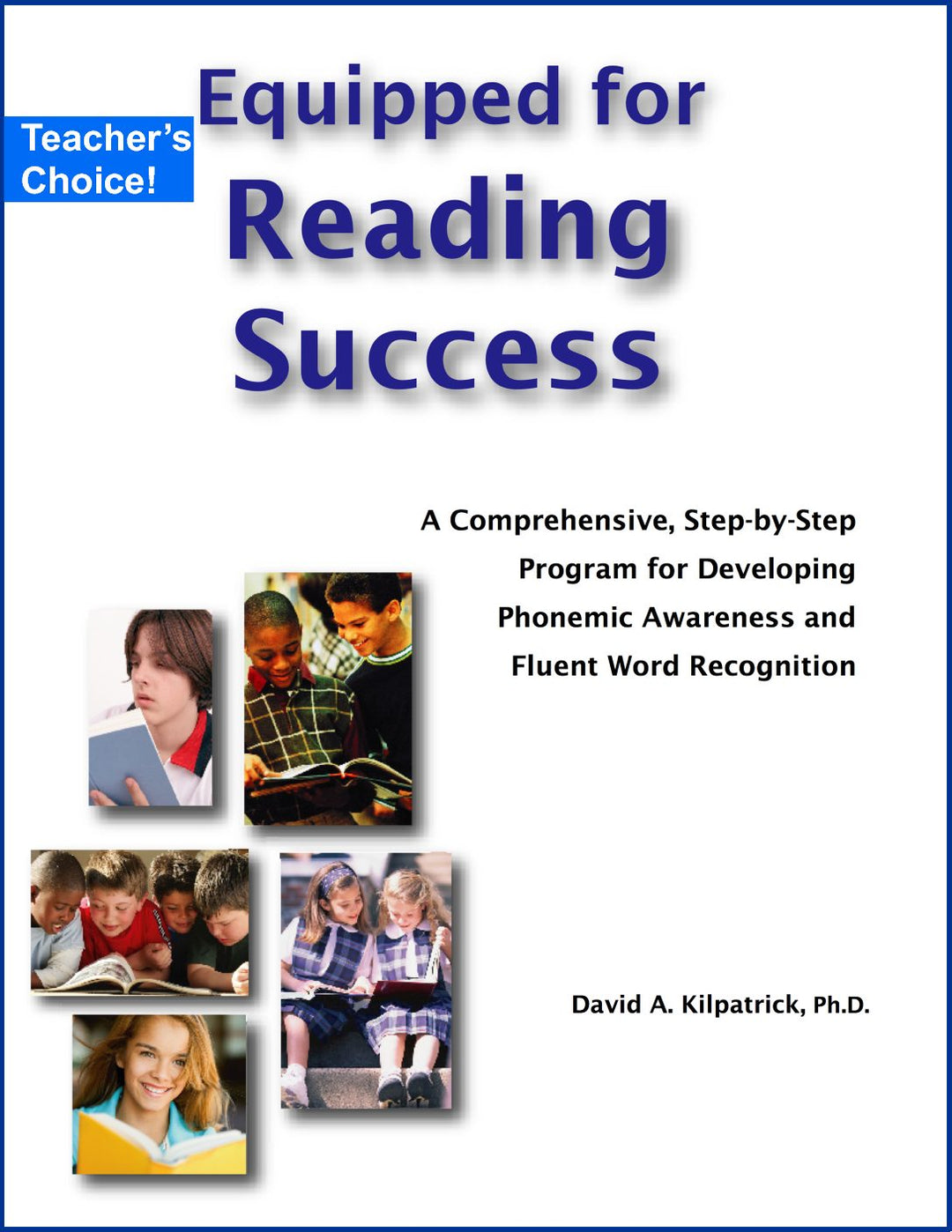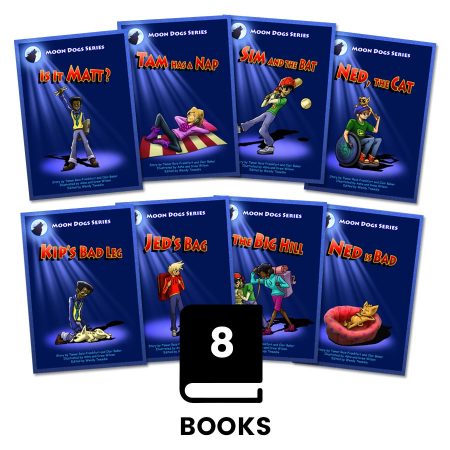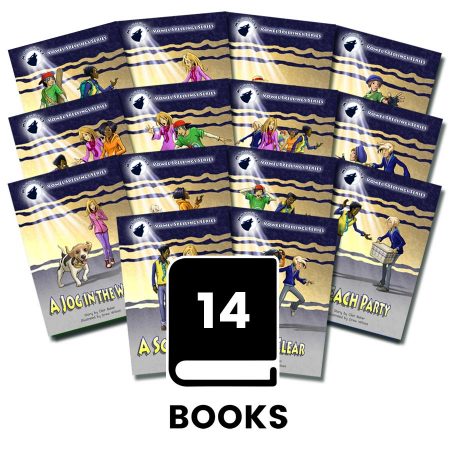Understanding SOLAR:
The Science of Language and Reading
Welcome to our exploration of SOLAR – The Science of Language and Reading. At West Coast Literacy, we embrace this framework for its evidence-informed view of reading acquisition, which integrates research with practice and places oral language at the heart of learning to read and write.
What is SOLAR?
The Why and How of Learning to Read
The science of reading represents a vast body of research collated over the past 50 years that relates to how reading and writing develop, why some students have difficulty, and how we can most effectively assess and teach all students to read.
The term SOLAR (The Science of Language and Reading) was first coined by Professor Pamela Snow in her influential 2020 paper. SOLAR is intended to highlight that the science of reading (SoR) is more than “just phonics”. SOLAR /SoR aligned instruction encompasses ALL domains of learning to read including phonics, phonemic awareness, vocabulary and language comprehension as well as a clear and distinct method for how each of these skills should be taught.

Why SOLAR Matters
The How of Reading Acquisition and Instruction
Research shows that reading involves two distinct skills: decoding (i.e., word reading) and language comprehension. Decoding is a result of knowledge of phonics and phonological awareness. Language comprehension comes from skills in the areas of vocabulary, language structures, verbal reasoning, literacy knowledge, and background knowledge. It is the integration of these separate but related skills that leads to reading comprehension, which is the ultimate goal of reading.
SOLAR tells us that explicit, systematic, sequential, and cumulative instruction is essential for teaching both decoding and language comprehension skills. This approach, often referred to as Structured Literacy, recognizes that decoding and language comprehension should be taught separately but in a simultaneous and coordinated manner. By using explicit teaching methods that are grounded in research, educators can effectively support students in becoming proficient readers.
SOLAR in Our Selection
Curating Resources Informed by SOLAR
At West Coast Literacy, our resource selection is deeply influenced by SOLAR. We ensure that every product, from books to teaching aids, aligns with current research and the principles of Structured Literacy, reinforcing the vital role of evidence-based practice in literacy education. This guarantees that our offerings are not only top-quality but also grounded in science and representative of best practice.
Language & Literacy Quotes
Get Started with SOLAR
Resources to Empower Your Literacy Journey
Interested in integrating SOLAR into your literacy practices? West Coast Literacy is your partner in this journey. Our website is stocked with resources that align with structured literacy principles, offering tools that significantly enhance the teaching and learning of reading.




















